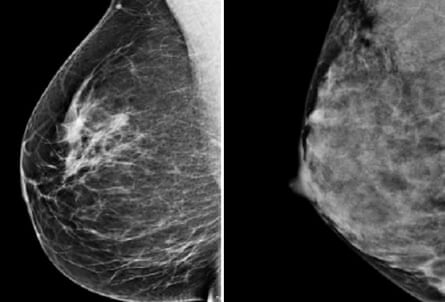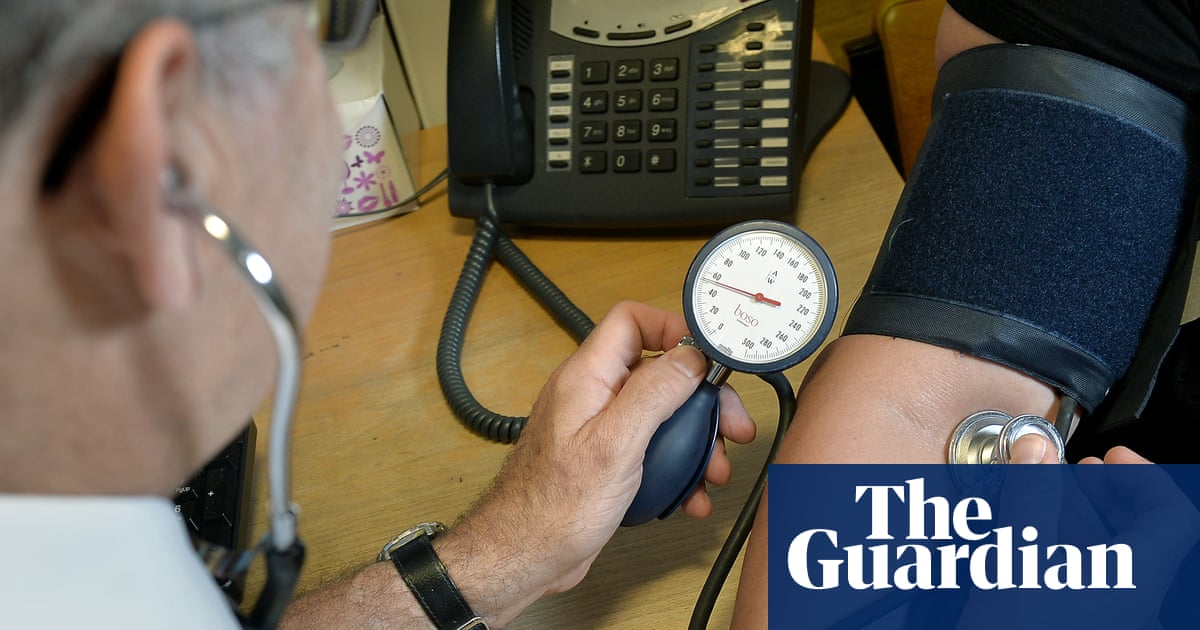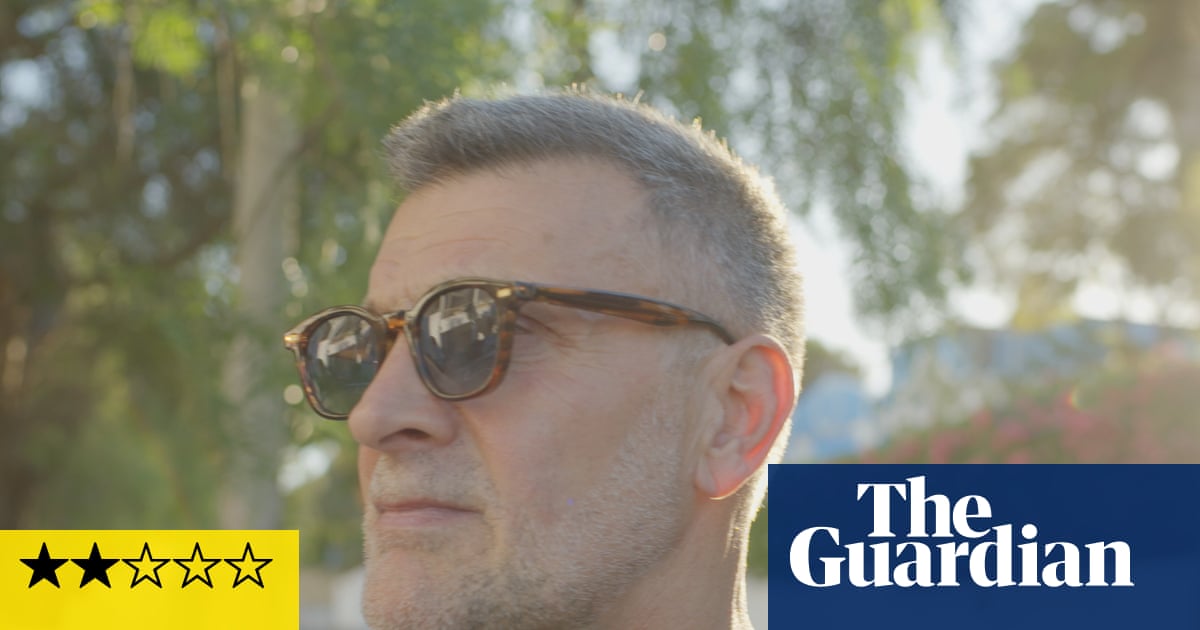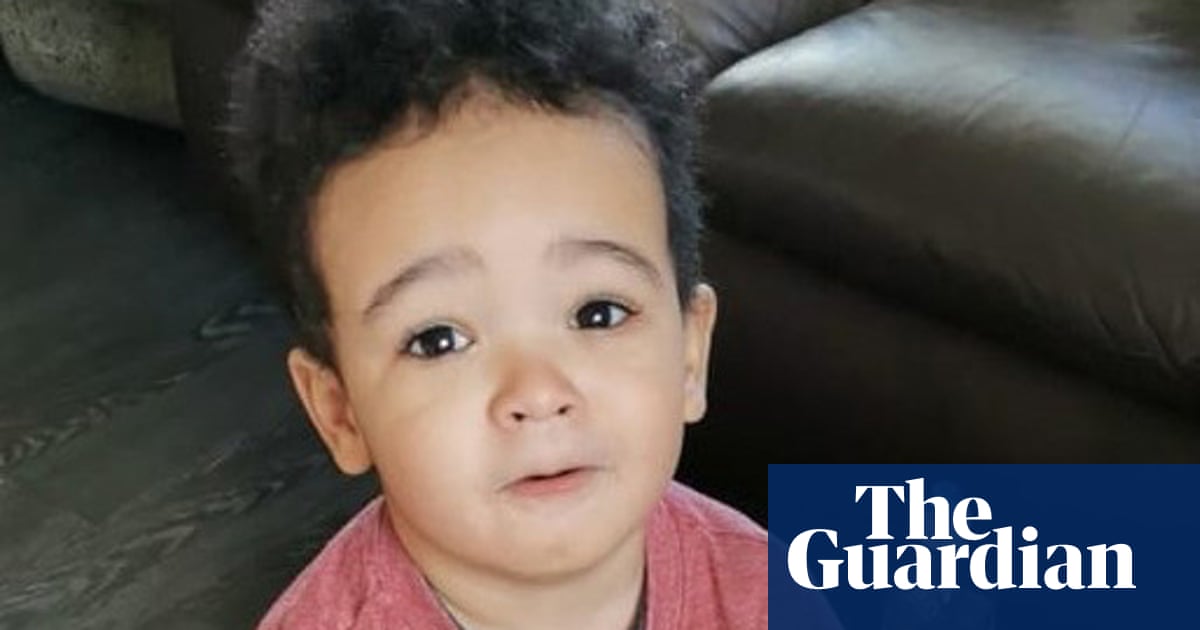Hundreds of lives could be saved every year with extra cancer checks for women with very dense breasts, a study suggests.
Millions of women undergo breast screening, but regular mammograms can be less effective at spotting cancer in the 10% with very dense breasts, as the tissue can hide tumours on X-rays. This is because very dense breasts look whiter on scans, making it harder to detect early-stage disease, which also appears white.
Offering this group of women enhanced scans could find 3,500 more cases of cancer and save 700 lives a year in the UK, researchers from the University of Cambridge said. Their findings were published in the Lancet.
The study’s lead author, Prof Fiona Gilbert, said: “Getting a cancer diagnosis early makes a huge difference for patients in terms of their treatment and outlook. We need to change our national screening programme so we can make sure more cancers are diagnosed early, giving many more women a much better chance of survival.”
She added: “In addition to the relevance for the UK’s breast cancer screening programme, this study has global implications for all countries where screening is undertaken for women with dense breast tissue.”
The study involved 9,361 women in the UK who had dense breasts and had received a negative (no cancer) mammogram result. When additional scanning methods were trialled, an extra 85 cancers were found.
Two methods examined were contrast-enhanced mammography (CEM), in which dye is used to make blood vessels more visible, and abbreviated magnetic resonance imaging (Ab-MRI), which is faster than a regular MRI.

Researchers said adding either method to existing screening could detect 3,500 more cancers a year in the UK. With screening reducing mortality for about 20% of cancers detected, this could mean an extra 700 lives saved a year, the Cambridge team said.
A third scanning method used in the trial – automated breast ultrasound (Abus) – also picked up cancers but was much less effective than CEM and Ab-MRI.
CEM detected 19 cancers for every 1,000 women scanned, Ab-MRI found 17 and Abus found four. With mammograms already detecting about eight cases of cancer per 1,000 women with dense breasts, additional scans could more than treble breast cancer detection, the researchers said.
The trial was funded by Cancer Research UK (CRUK) with support from the National Institute for Health and Care Research Cambridge Biomedical Research Centre.
Although the trial showed the scans could detect additional small cancers, which would probably save lives, further research is needed to confirm whether they could reduce the number of deaths, in order to establish the risk of overdiagnosis and to estimate the cost-benefit ratio of offering extra scans.
“More research is needed to fully understand the effectiveness of these techniques, but these results are encouraging,” said Dr David Crosby, the head of prevention and early detection at CRUK.
Dr Kotryna Temcinaite, the head of research communications and engagement at Breast Cancer Now, said: “The UK National Screening Committee now needs to consider this research as part of their current review to determine whether women with very dense breasts should be offered additional imaging during their routine screening.”
She added: “Routine breast screening is the most likely route to finding breast cancer early, when treatment is most likely to be successful. While we know that the current process can be less effective in detecting cancers in dense breasts, we still encourage all women to attend mammogram screening when invited.”
The Department for Health and Social Care said research into enhanced scans for women with dense breasts was being carried out as part of the NHS breast screening programme. “The UK National Screening Committee is reviewing this evidence as it becomes available,” a spokesperson said.

 3 months ago
77
3 months ago
77

















































